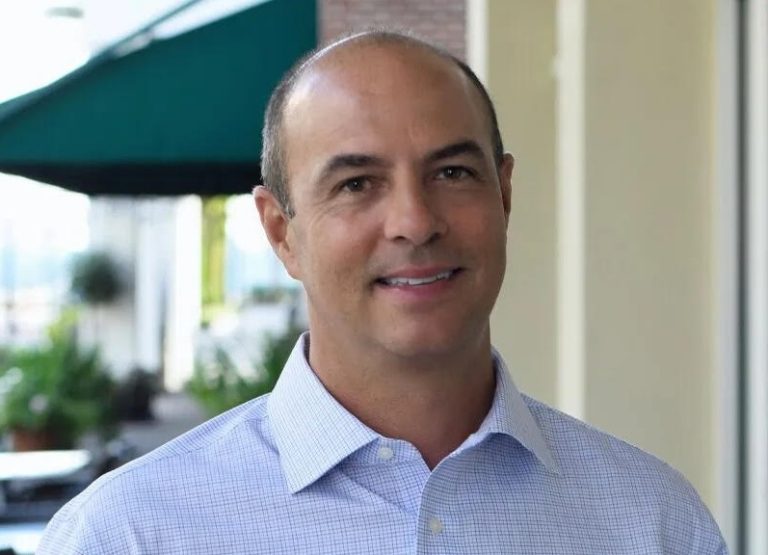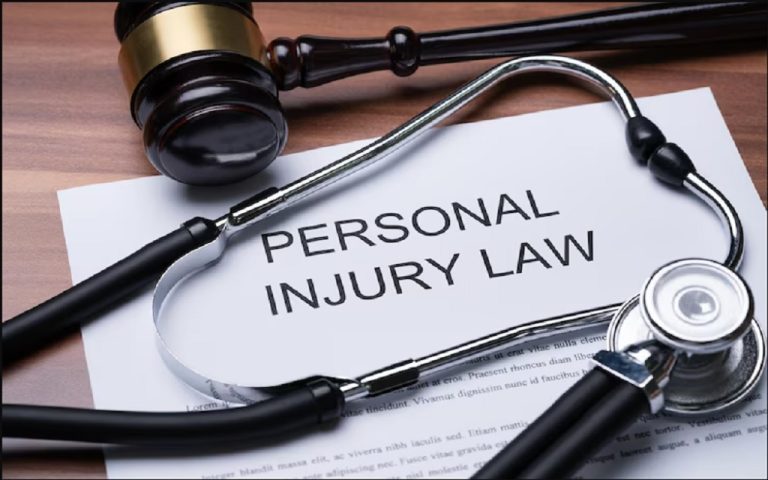Do You Specialize in Slip and Fall Cases?
Ask about focused experience. Premises claims demand targeted skills. Specialists understand hazards, notice, and defenses. They act fast on evidence and know venue patterns and insurer tactics. They track verdict trends and settlement ranges.
Follow-up Enquiries:
How many slip and fall cases did you handle recently?
What outcomes did you secure across similar injuries?
Do you handle claims against businesses and government entities?
What Is the Potential Value of My Case?
Request an honest range. Value depends on liability and damages. Strong proof improves leverage. Medical needs shape numbers. Recovery timelines impact offers. Insurance limits also affect ceilings.
Discuss these damages:
Medical bills, rehab, and credible future care.
Lost wages and loss of future earning capacity.
Pain, suffering, and daily life impact.
Out-of-pocket costs and property loss.
Follow-up Enquiries:
Which factors matter most here?
Are any damages capped in this state?
What could push the value up or down?
What Evidence Do We Need to Prove My Case?
Evidence wins cases. Start gathering immediately. Clear photos help. Prompt incident reports carry weight. Medical records show causation. A short journal captures symptoms honestly.
Bring or collect:
Scene photos, hazard close-ups, and footwear images.
Incident reports, staff names, and contact details.
Witness contacts and short statements.
Medical records, bills, and pay stubs.
Ask your lawyer to:
Send spoliation letters for CCTV and logs.
Request cleaning policies and inspection schedules.
Identify safety or medical experts early.
Follow-up Enquiries:
Which photos should I take today?
Can you request footage now?
Should I keep a daily pain log?
How Is Negligence Proven in Slip and Fall?
Your claim needs four parts. Duty. Breach. Causation. Damages. Notice often decides outcomes. Owners must know or should know. Documentation establishes timing and foreseeability.
Notice types:
Actual notice through reports or staff knowledge.
Constructive notice through time and recurring patterns.
Common hazards:
Wet floors and unmarked mops.
Uneven surfaces and broken steps.
Loose mats, cords, and poor lighting.
Ice, clutter, and torn carpeting.
Follow-up Enquiries:
How will you prove notice here?
What shows the hazard existed long enough?
Will you use safety experts?
What Defenses Should I Expect?
Plan for pushback. Insurers test visibility and fault. They question timing and access. Government sites add procedures. Medical history may face scrutiny.
Typical defenses:
Comparative or contributory negligence claims.
“Open and obvious” hazard arguments.
No notice and limited duty positions.
Government immunities and special procedures.
Follow-up Enquiries:
How do local negligence rules affect me?
How can we counter “open and obvious”?
What rules apply to public property?
Deadlines: What Are My Time Limits?
Deadlines control options. Missed limits can end claims. Ask immediately. Government notices may come first. Some windows close quickly. Minor claim rules may differ.
Follow-up Enquiries:
What is my statute of limitations here?
Do government notices apply now?
Can any deadlines pause for minors?
How Do You Charge for Your Services?
Most lawyers use contingency fees. You pay only after recovery. Costs still matter. Clear math prevents shocks. Ask for a sample breakdown. Request everything in writing.
Clarify in writing:
Percentages before and after filing.
Typical costs and who fronts them.
Medical liens and subrogation details.
Estimated net amounts to you.
Follow-up Enquiries:
What percentage applies at each stage?
Which costs reduce my final check?
How will you resolve my medical liens?
How Long Will My Case Take?
Timelines vary. Treatment and evidence shape speed. Insurer posture influences movement. Courts add delays. A roadmap helps planning. Regular reviews prevent drift.
Typical stages:
Medical stabilization and records.
Demand and negotiations.
Mediation if needed.
Litigation or trial when required.
Follow-up Enquiries:
What milestones should I expect soon?
What speeds things up on my end?
When will we review value again?
Who Will Handle My Case?
Know your team. Clear contacts reduce stress. Set expectations early. Confirm update cadence. Ask about escalation paths.
Follow-up Enquiries:
Who is my lead attorney?
Who is my daily contact?
How often will I get updates?
Are You Experienced in Trials?
Trial skill boosts leverage. Strong trial prep improves settlements. It also protects outcomes. Expert strategy matters. Jury experience influences decisions.
Follow-up Enquiries:
How many premises trials did you handle?
Which experts do you use and why?
How do you prepare clients to testify?
What Are the Next Steps?
Leave with a plan. Secure evidence now. Follow medical advice. Avoid insurer statements alone. Keep organized files. Track symptoms and limitations daily.
Next 48 hours:
Request CCTV and send spoliation letters.
Photograph the hazard and injuries.
Keep appointments and save records.
Start a short injury journal today.
Follow-up Enquiries:
What should I prioritize this week?
What should I avoid during the claim?
When is our next check-in?
Quick FAQ
Should I talk to the insurer?
Ask your lawyer first. Recorded statements create risk.
What should I bring to the consult?
Photos, reports, records, bills, pay stubs, and letters.
What if I share some fault?
Rules differ across states. Partial fault may reduce recovery.
Will my case settle?
Many cases settle. Strength and timing drive that choice.
Why It’s Crucial to Ask the Right Questions
Choosing the appropriate slip and fall lawyer can make all the distinctions in your case. You can make an accurate choice by getting information about their experience, costs, and strategy by asking the right questions. A superb lawyer does more than advocate for you; they help, encourage, and fight for the best result at every turn.
Conclusion
You can make sure you get the most out of your slip and fall attorney by asking the right questions. Concentrate on their background, approach, and costs to establish credibility and bolster your argument. Your best support in getting the justice and compensation you deserve is an experienced lawyer.
Musarat Bano is a content writer for JudicialOcean.com who covers lawsuits, legal news, and general legal topics. Her work focuses on research-based, informational content developed from publicly available sources and is intended to support public awareness. She does not provide legal advice or professional legal services.




